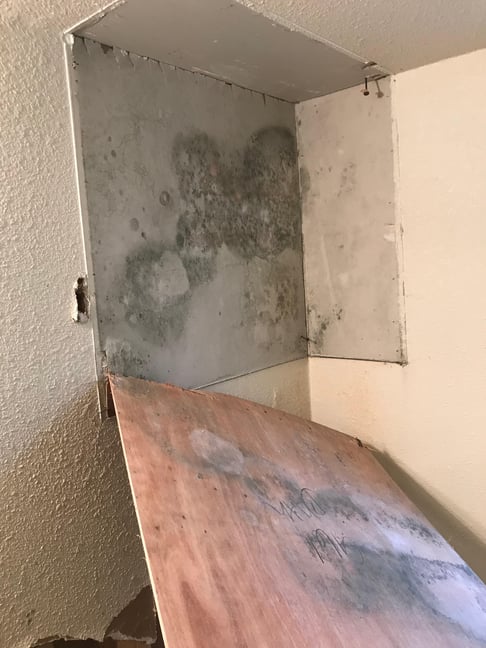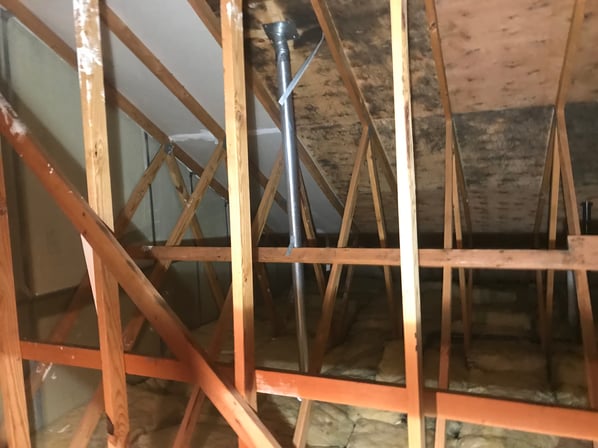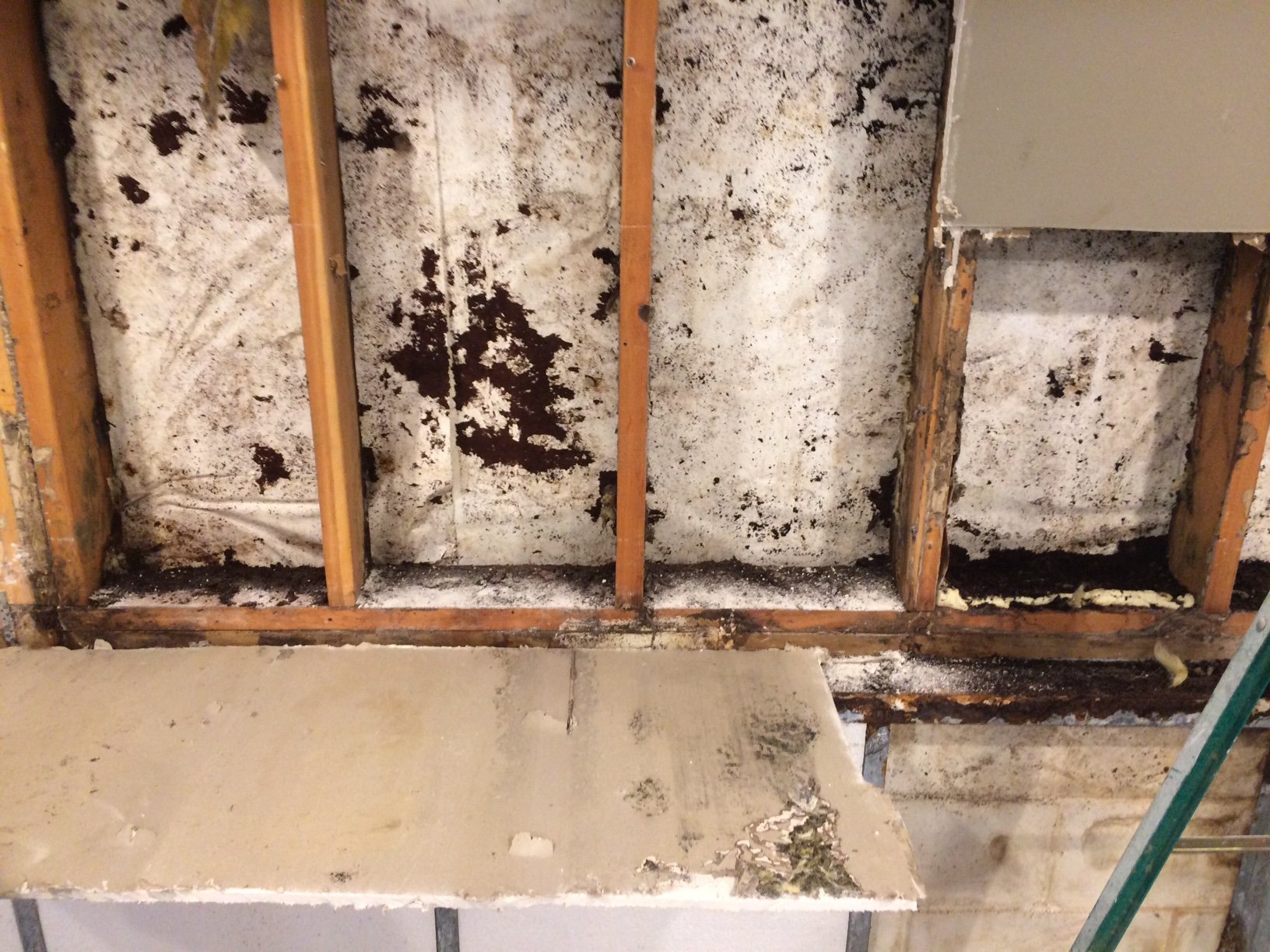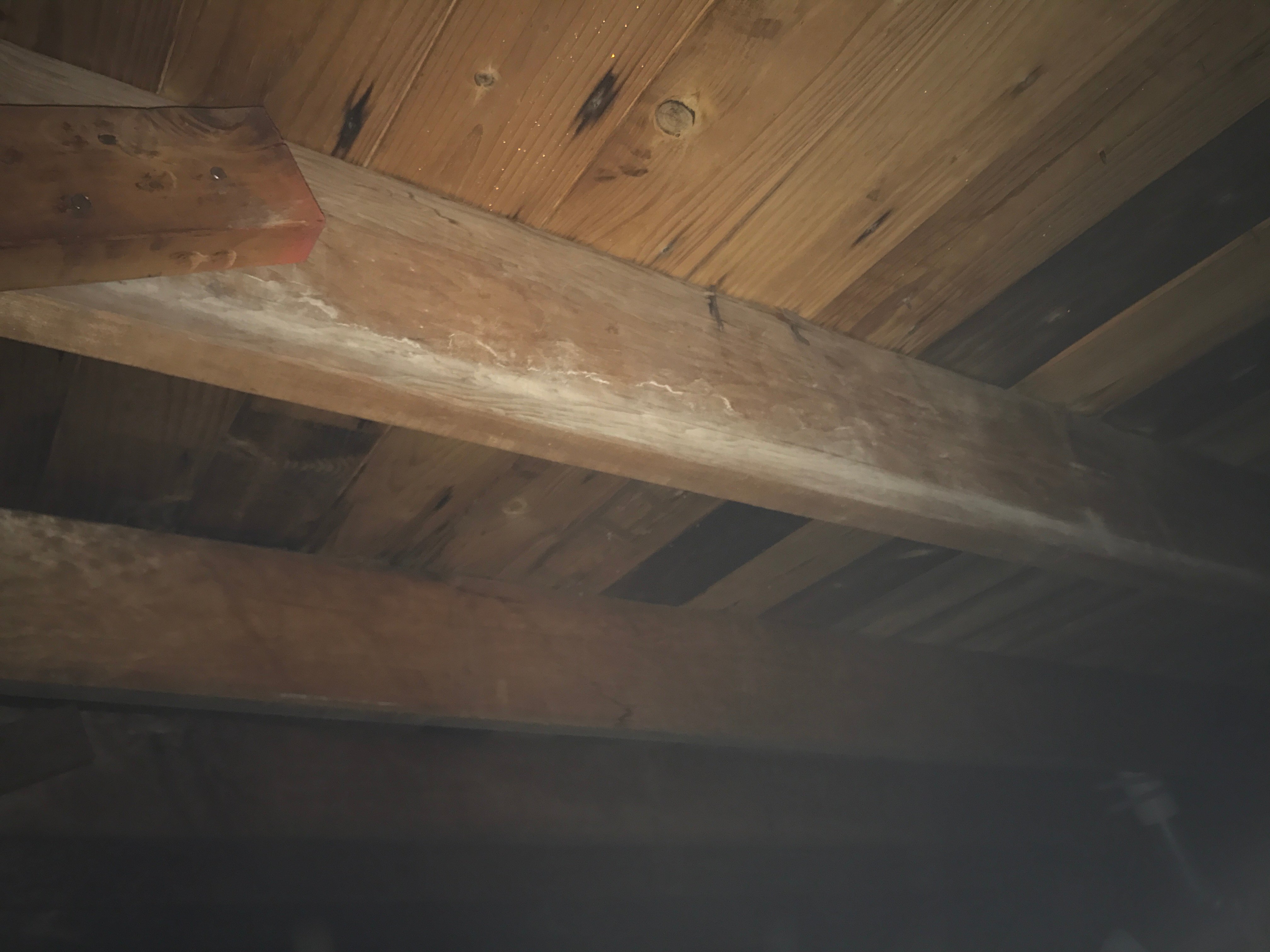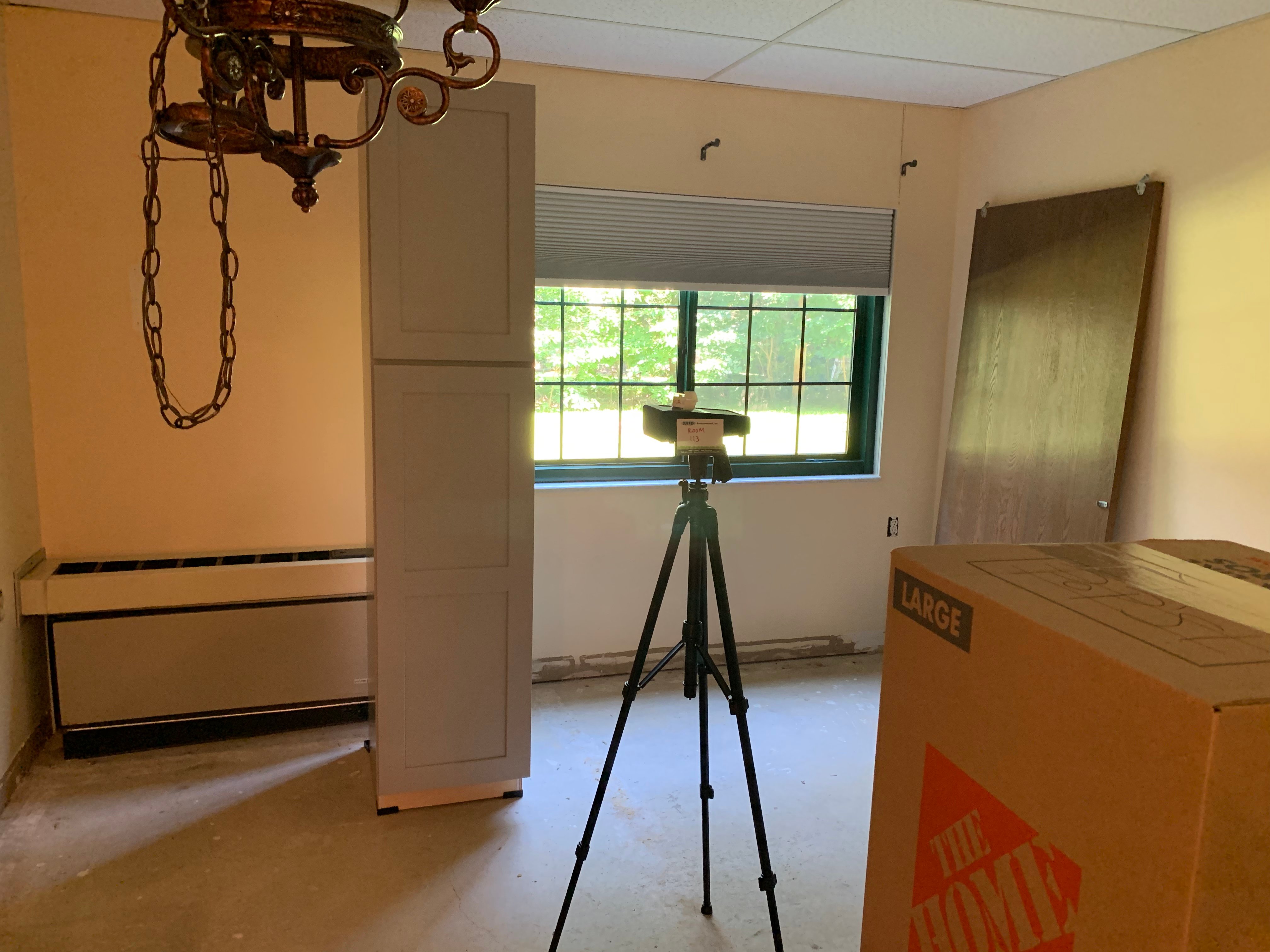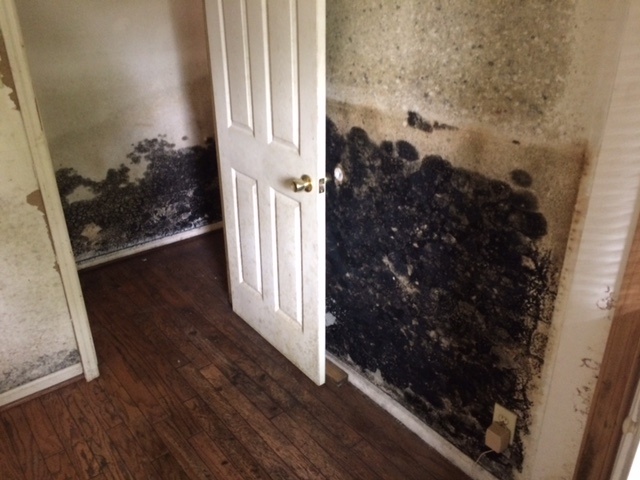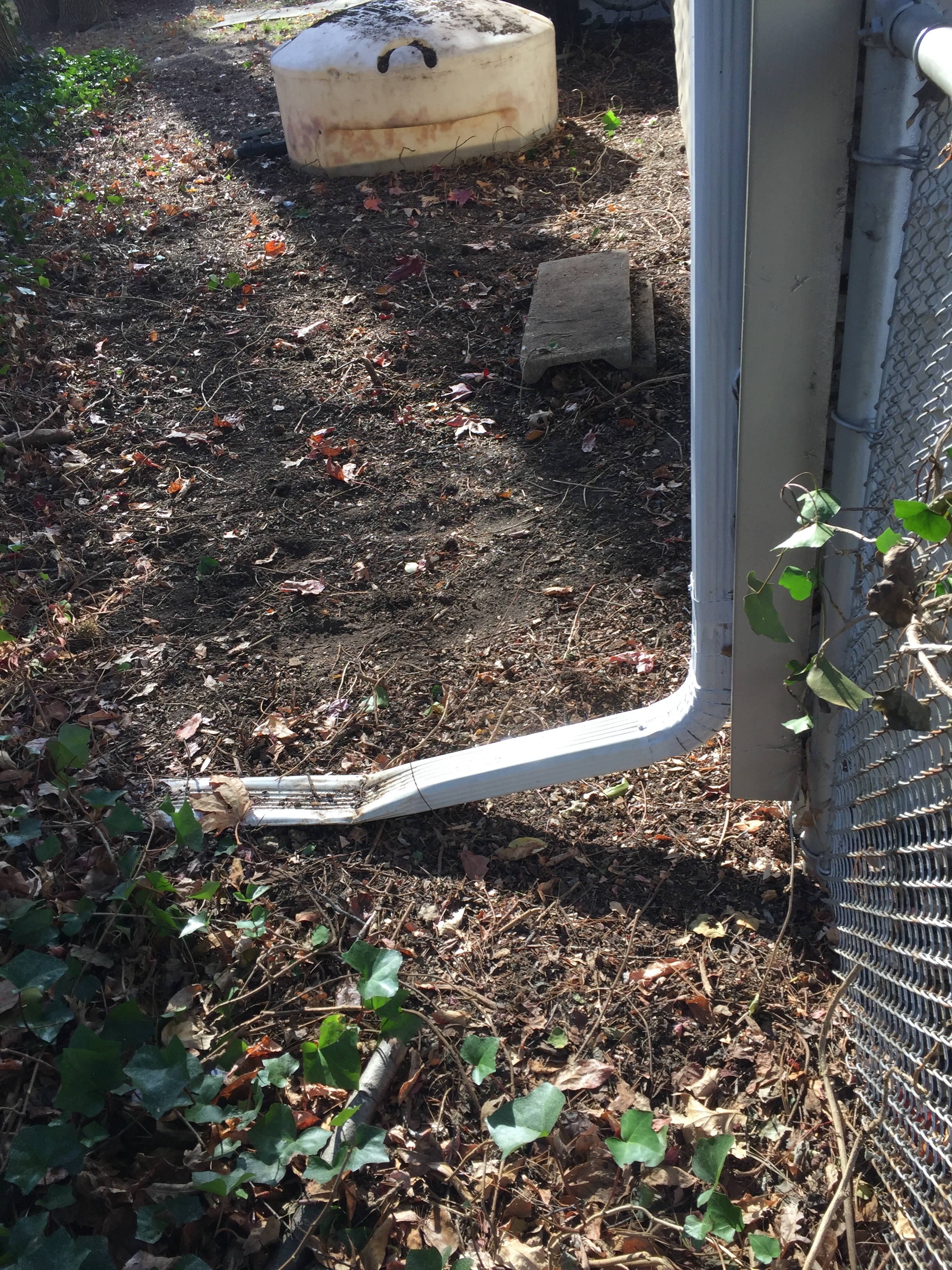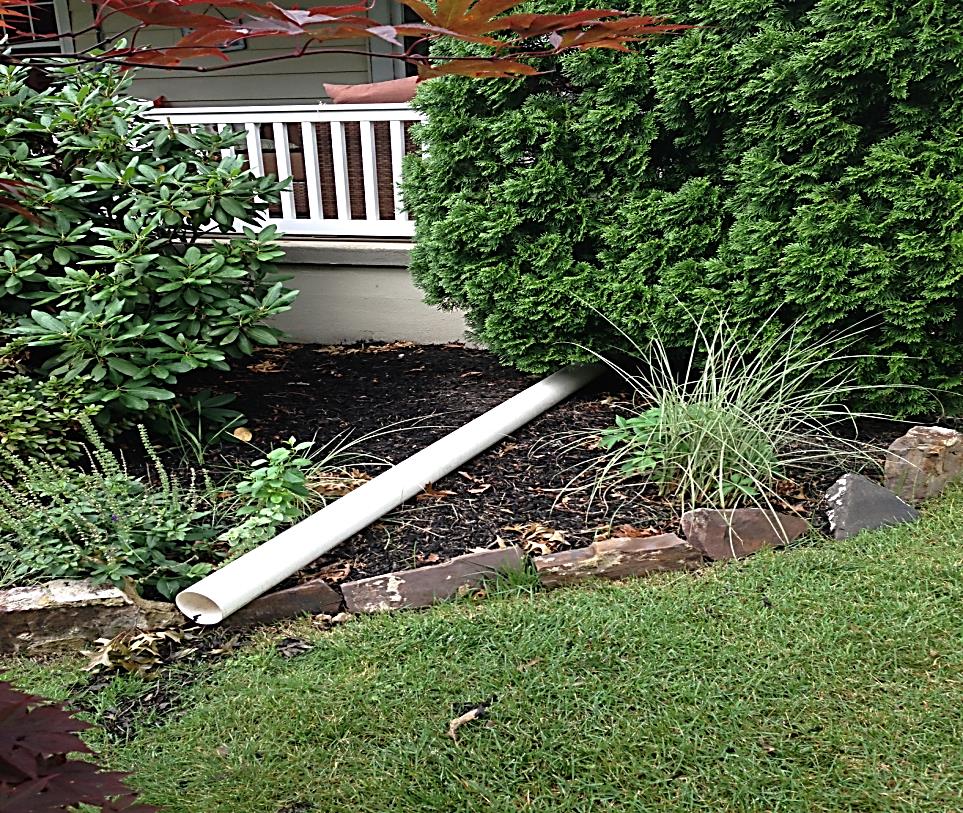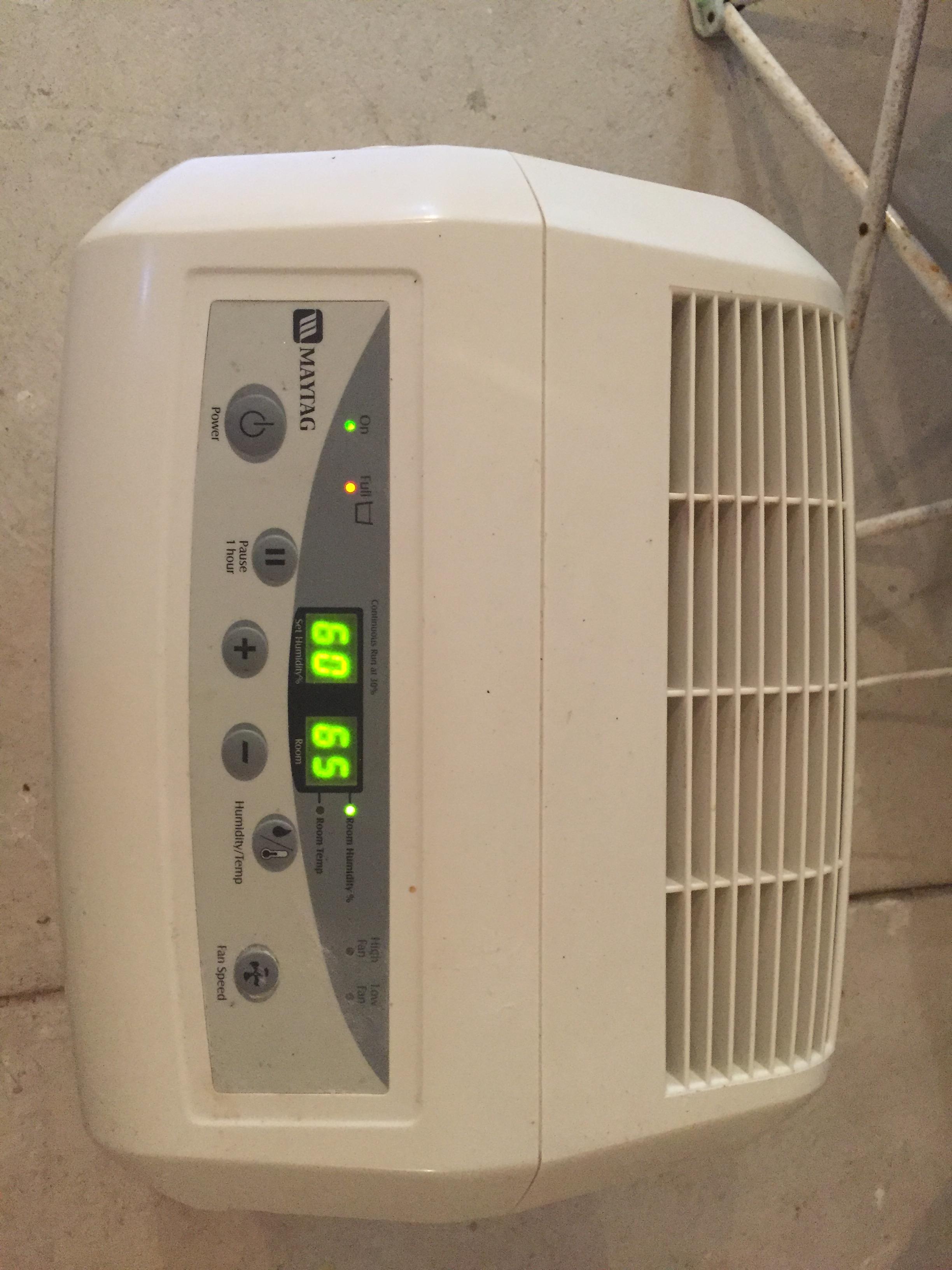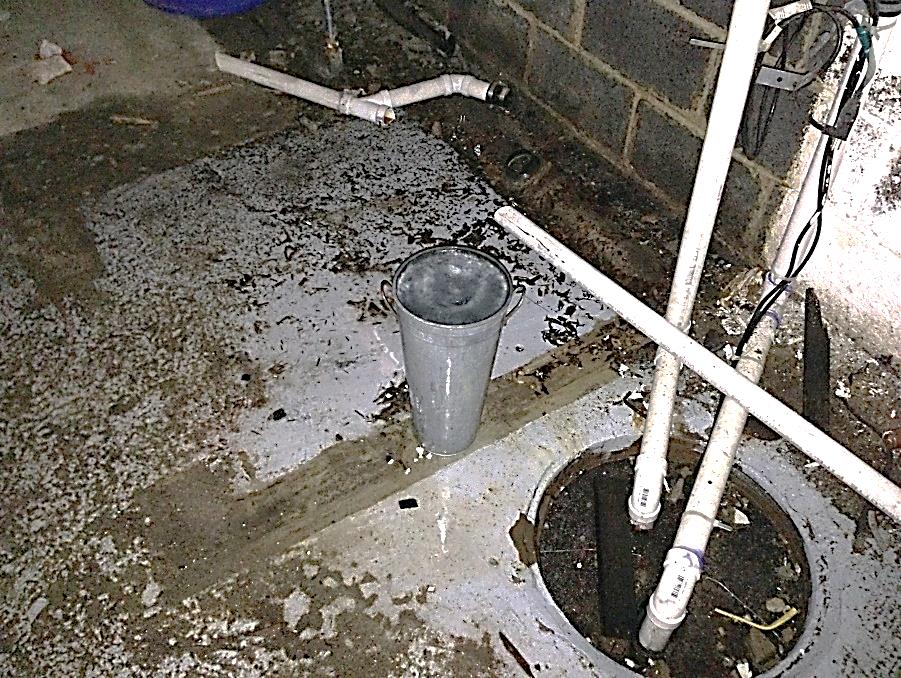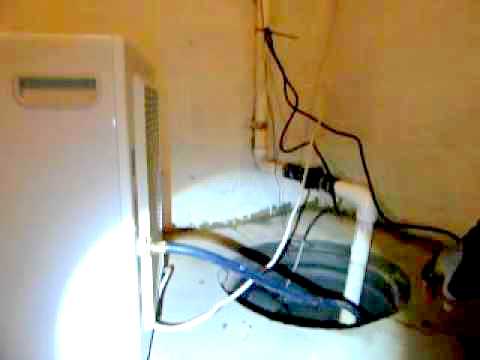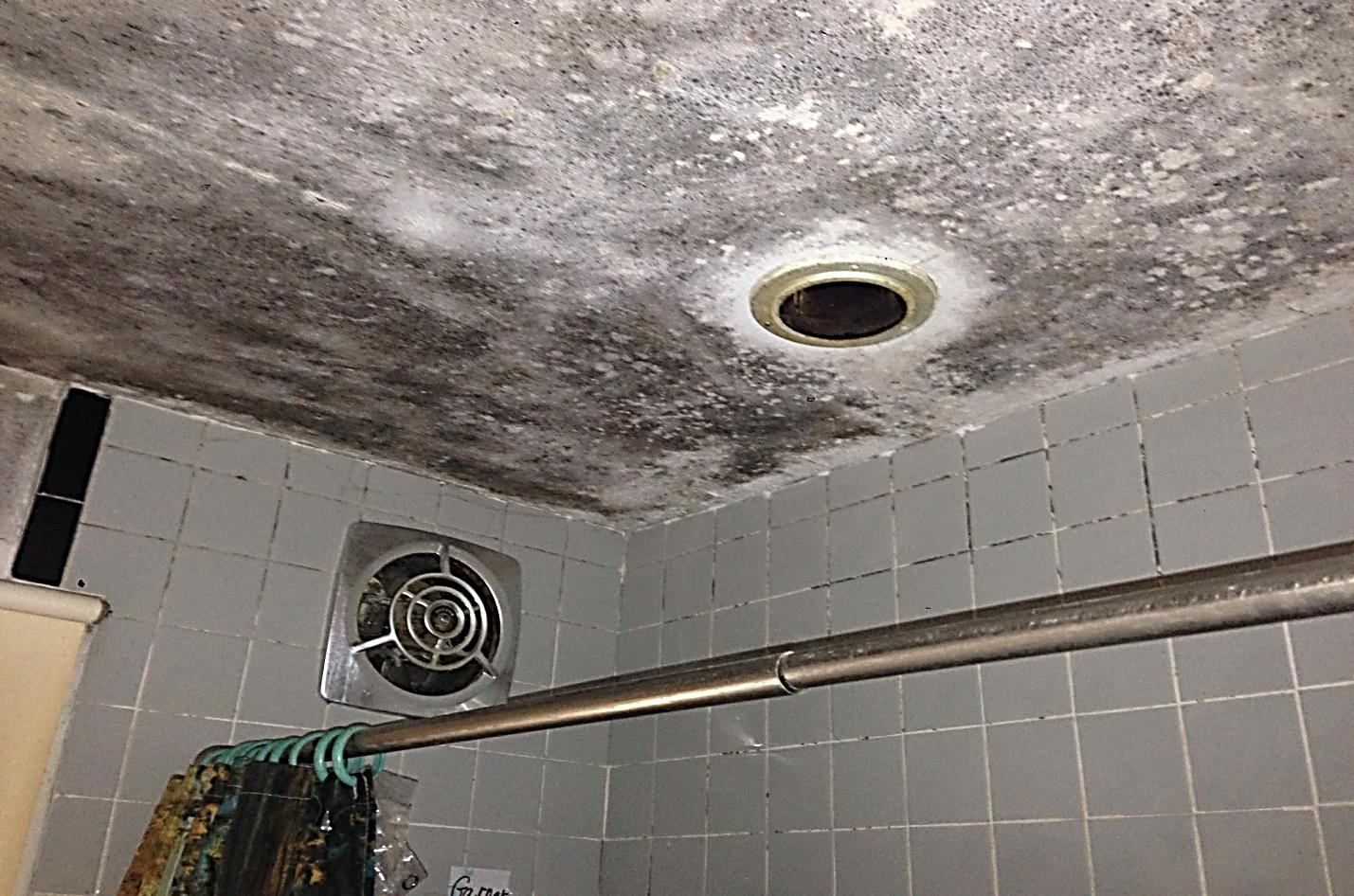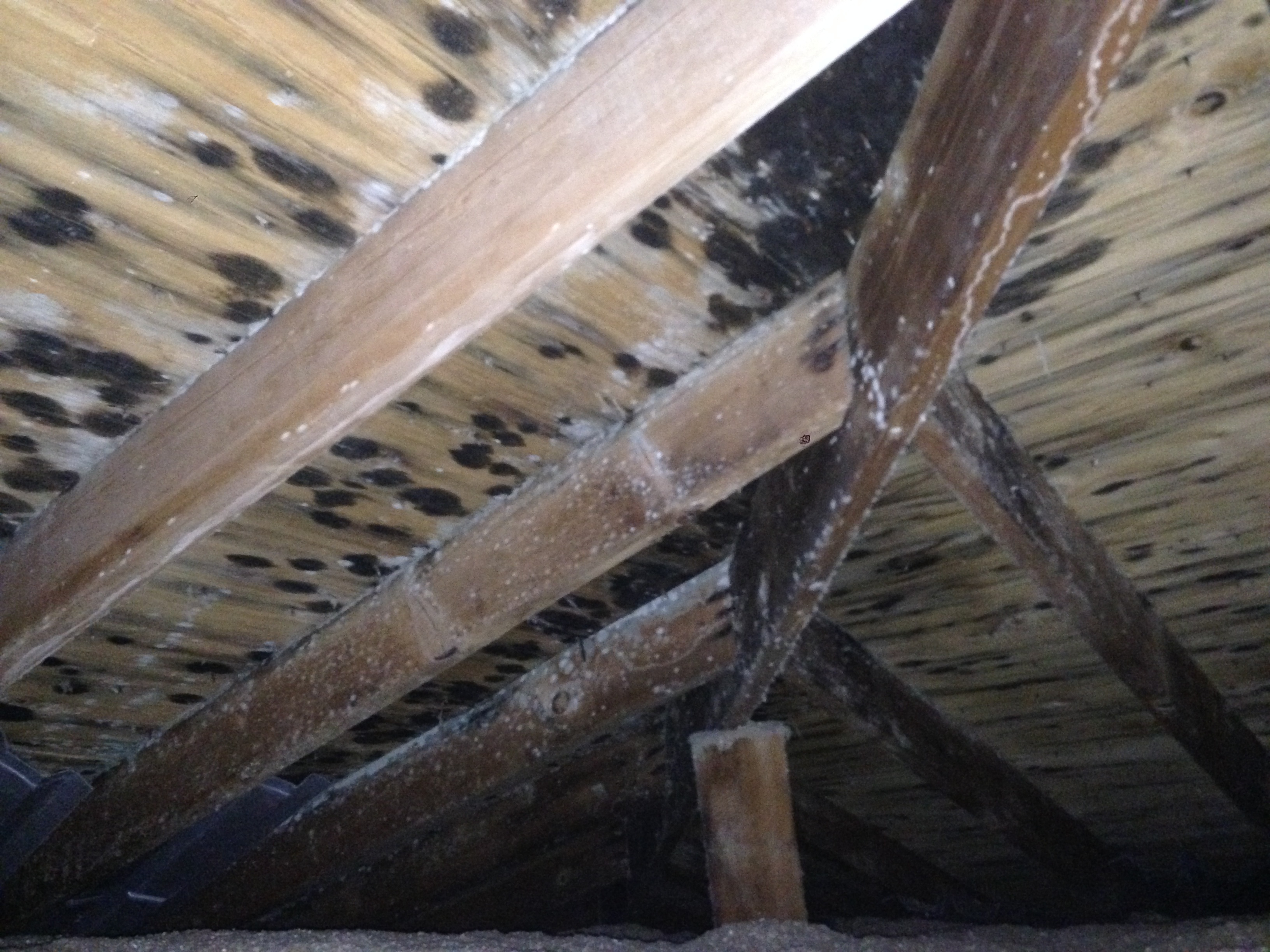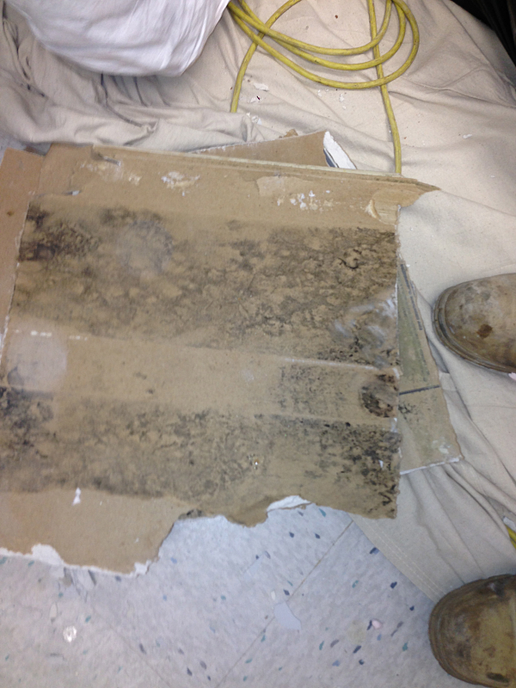Mold is the new four-letter word of real estate transactions. If either mold is visually found or testing is done (airborne mold spores and/or surface sampling), the transaction has a high percentage that it may not happen. There are many stories of real estate transactions with mold growth, but this one is very interesting.
The story goes that a buyer was interested in a home and during the home inspection, the home inspector took an air sample in the basement and the outside (exterior) for comparison. There was no photo or knowledge of where the air sample was acquired from, for example the photo below documents where the air sampling was acquired (ex. kitchen).
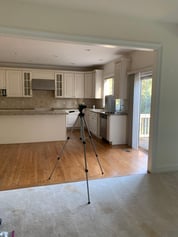
Back to the story - The buyers wanted the entire basement remediated down to the studs. The seller contacted Curren Environmental and we provided sampling as well. Our sampling showed mold was present in the basement bedroom.
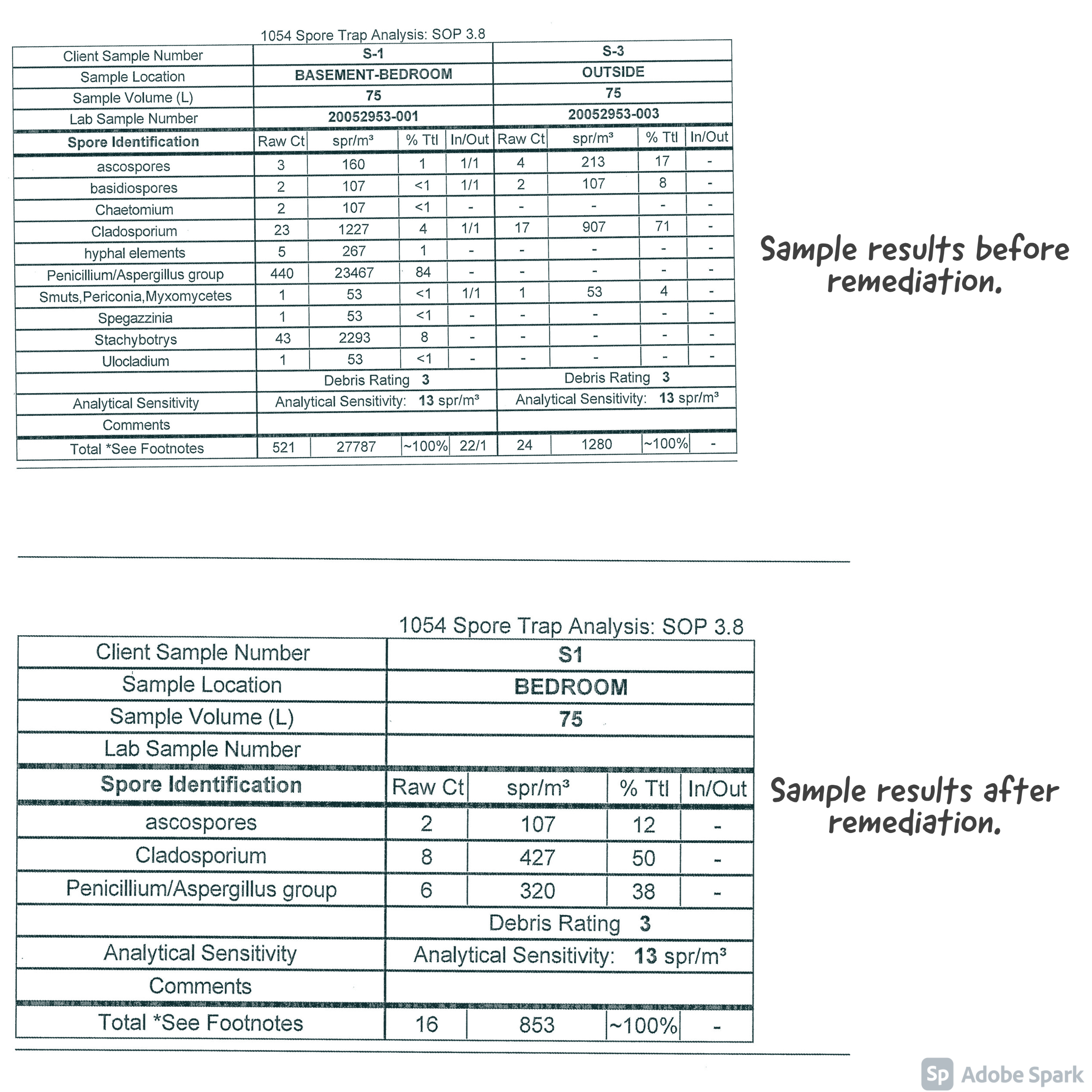
What does this lab data mean?
The Stachybotrys as shown above in the sample results prior to remediation , should not have a raw count above one, and it was at 43. Penicillium/Aspergillus was also very high, with the spr/m3 at 23,467 where it is recommended that should not be above 1000. The second set of numbers are after remediation where the airborne mold spores dropped dramatically and were within industry standards. Note - no home will be mold free.
As part of the story, you need to know that this property was vacant for over 2 years. The heat and air were on as part of maintenance but not properly dehumidified. Mold growth occurs where there is moisture and organic materials. In this case, there was visual signs of mold growth on some furniture in the basement bedroom, but not in the basement living space and small visual signs on the sheetrock wall in the basement bedroom. There was no need to remediation and remove the entire basement back to the studs.
What happened next?
When the humidity is high and the property is not well ventilated, mold growth will occur. These spores can become airborne and move throughout the home. This home had a lot of carpet which holds mold spores. Curren Environmental provided Mold Remediation at this property.
- Carpet was removed and tack strips were removed.
- All organic furniture that could not be wiped down was disposed.
- Removed mold impacted sheetrock, 18 inches past mold growth in basement bedroom.
- HEPA vacuum walls and floors in the entire basement
- A broad spectrum, FDA approved, fungicide was applied to the walls and the flooring in the rooms.
- Air scrubbers were on during remediation and left at the property for at least 72 hours.
As the story goes, post air testing showed elevated spore levels dropped dramatically at the property. Please see below. For this story, only the sheetrock area that had mold growth was removed and the carpet, no other sheetrock was removed.
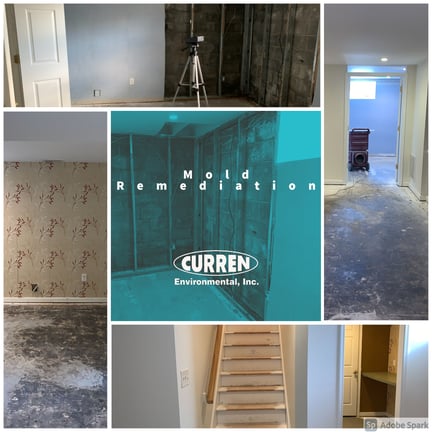
The ending, a happy buyer, a happy seller and clean home. Not every property that has elevated mold spores needs to have everything torn down and removed. A mold remediation professional will look at the data, photos provided and any other detailed information prior to handing over a cost. It is very important to understand that mold is everywhere and there are no “Mold Free” properties.


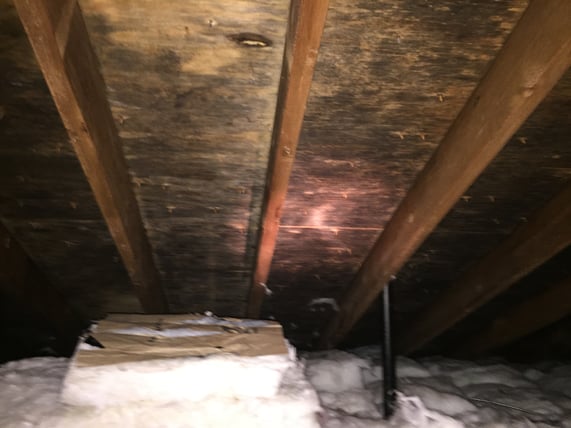
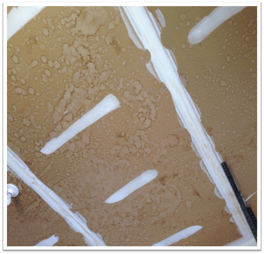
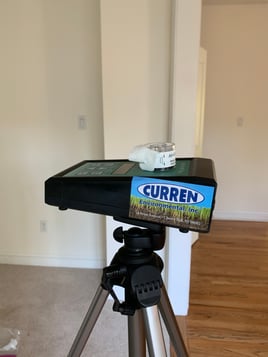
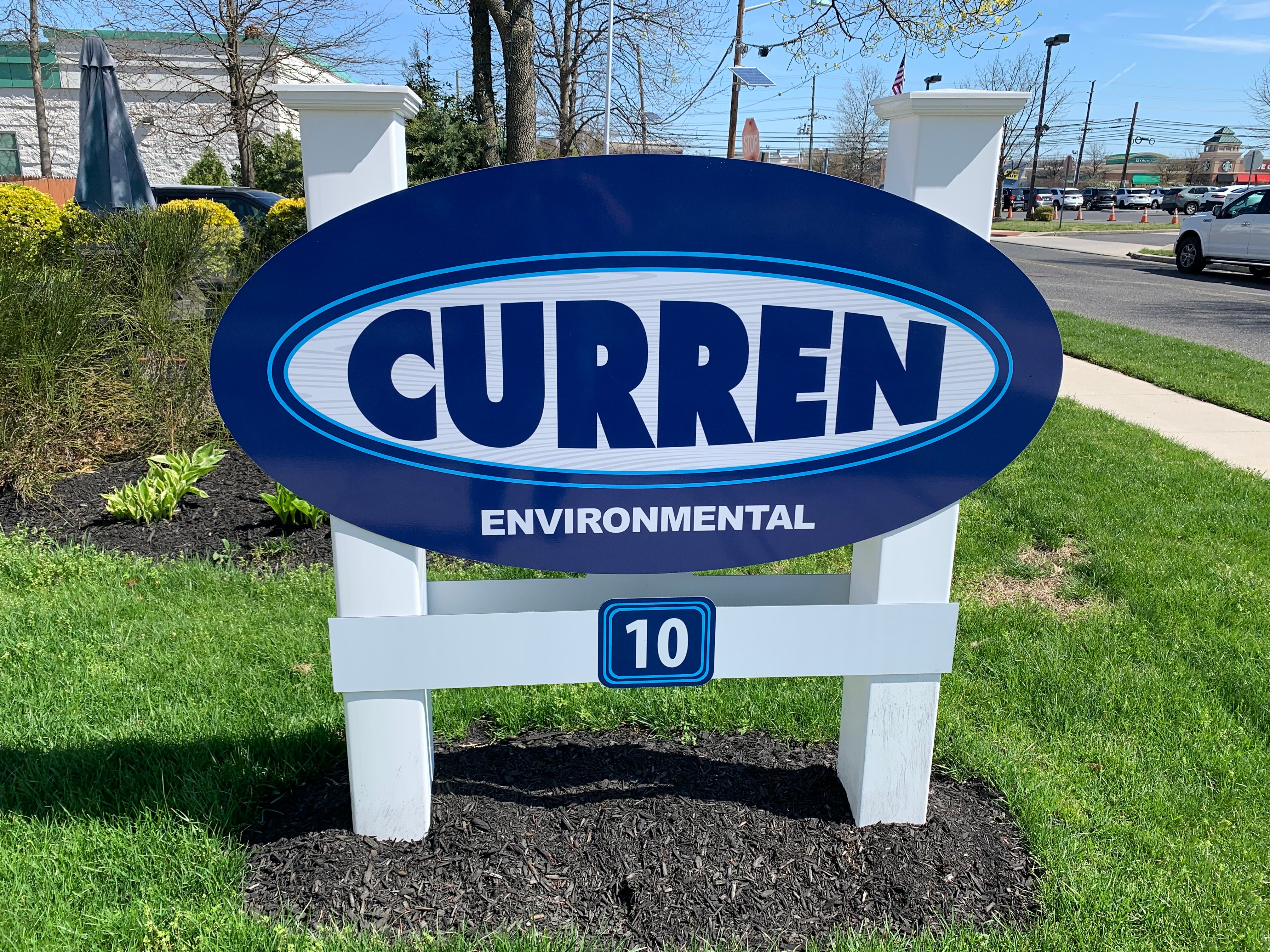
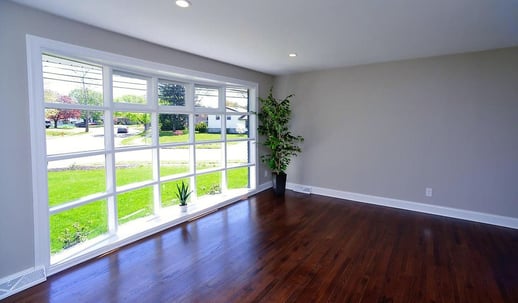
.jpg?width=587&name=mold%20in%20home%20before%20flip%20(002).jpg)
